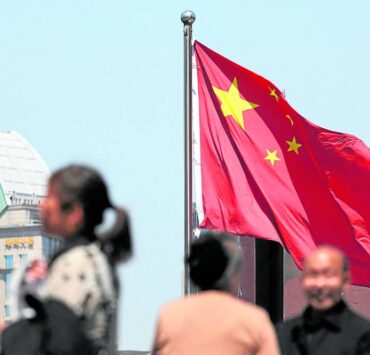Pope Francis was a ‘nice contradiction’ in his Argentine homeland
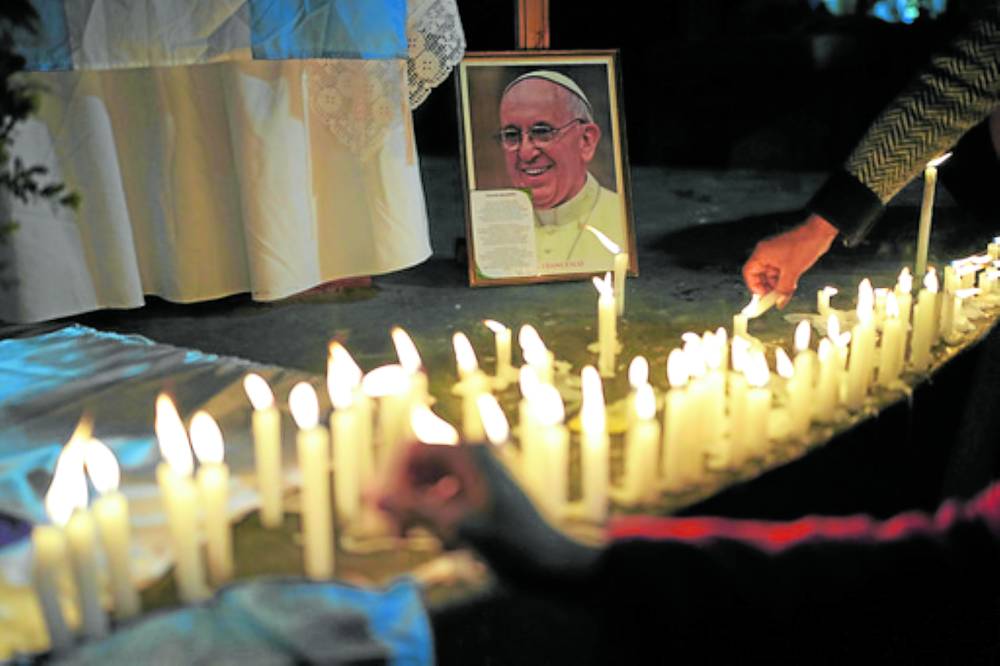
BUENOS AIRES—The faithful in Pope Francis’ hometown lit candles in the church where he found God as a teenager, packed the cathedral where he spoke as archbishop and prayed Monday in the neighborhoods where he earned fame as the “slum bishop.”
For millions of Argentines, Francis—who died Monday at 88—was a source of controversy and a spiritual north star whose remarkable life traced their country’s turbulent history.
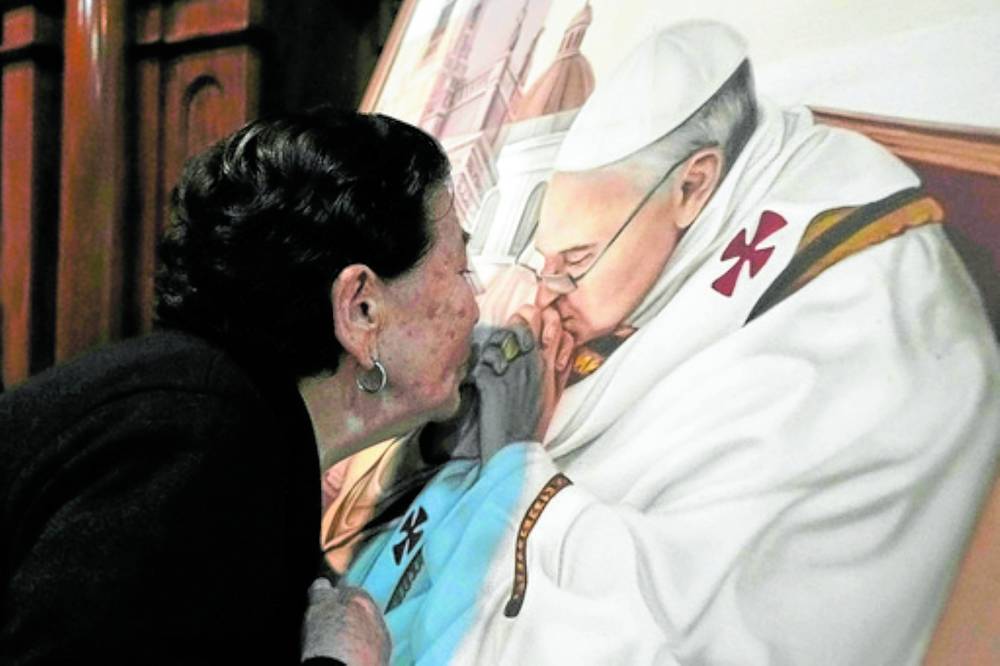
Conservative detractors of the first Latin American pope criticized his support for social justice as an affinity for leftist leaders.
They pointed to his warm meetings with former President Cristina Fernández de Kirchner, a divisive left-leaning populist figure whose unbridled state spending many Argentines blame for the nation’s economic decline. They compared their enthusiastic encounters to an unusually stern-faced Francis meeting center-right former President Mauricio Macri for a curt 22 minutes in 2016.
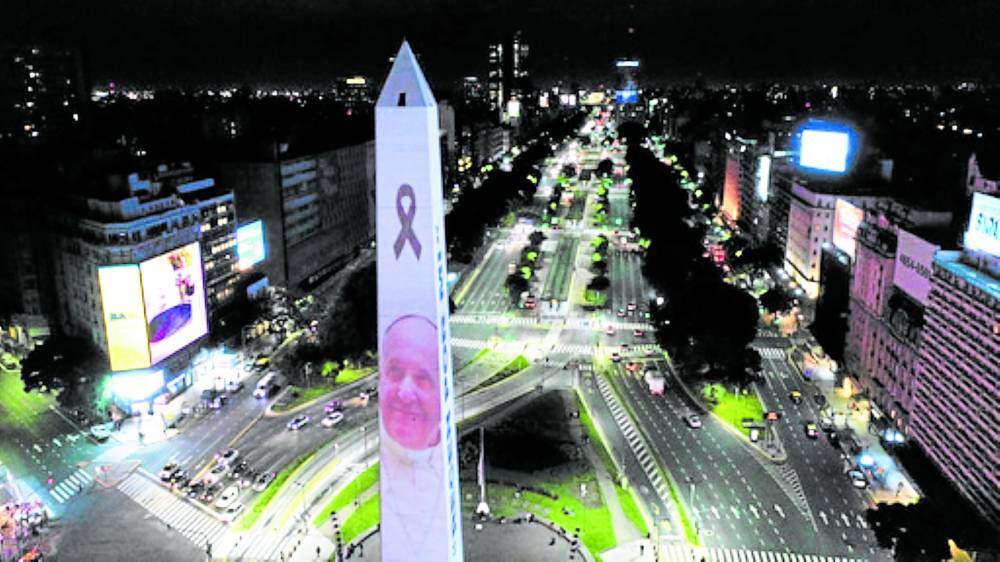
A ‘rebel’
“Like every Argentine, I think he was a rebel,” said 23-year-old Catalina Favaro, who had come to pay her respects at the downtown cathedral. “He may have been contradictory, but that was nice, too.”
Kirchner on Monday paid tribute to her bond with Francis, saying he was “the face of a more humane church” and recalling their shared love of a prominent Argentine novelist who lionized the country’s populist left-leaning Peronist movement and its efforts to upend class structure in the 1940s and 50s.
Macri called Francis “a stern politician” but overall “a good pastor” whose name deserves “admiration and respect.”
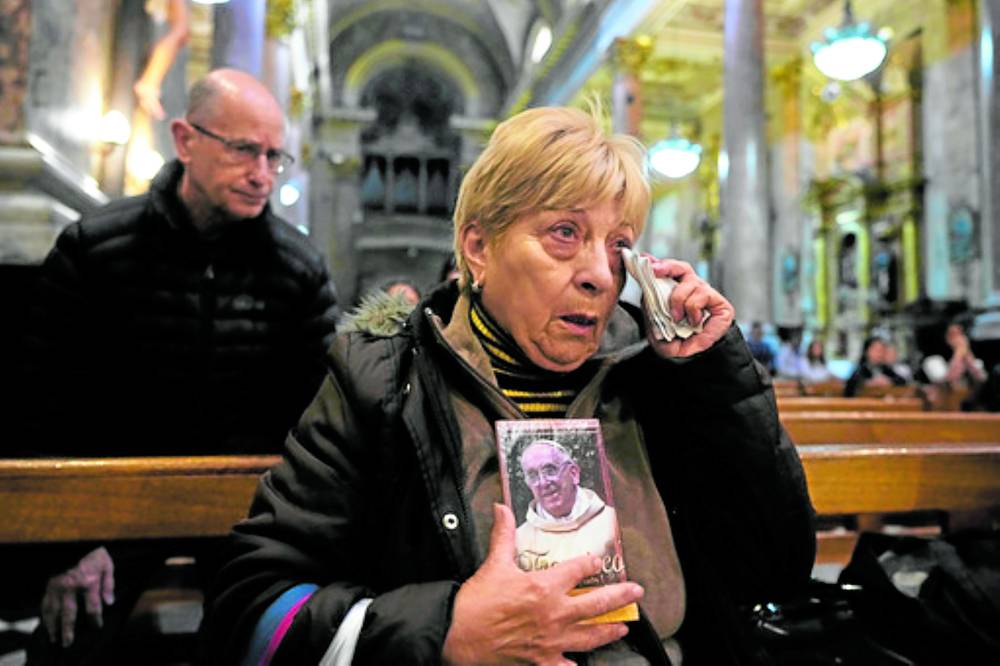
At his regular 8:30 a.m. Mass, Buenos Aires Archbishop Jorge Ignacio García Cuerva recalled Francis’ dedication to the less fortunate.
“The pope of the poor, of the marginalized, of those excluded, has passed away,” García Cuerva announced. Alluding to Francis’ contested legacy, he added: “He was the Pope the Argentines, whom we didn’t always understand, but whom we loved.”
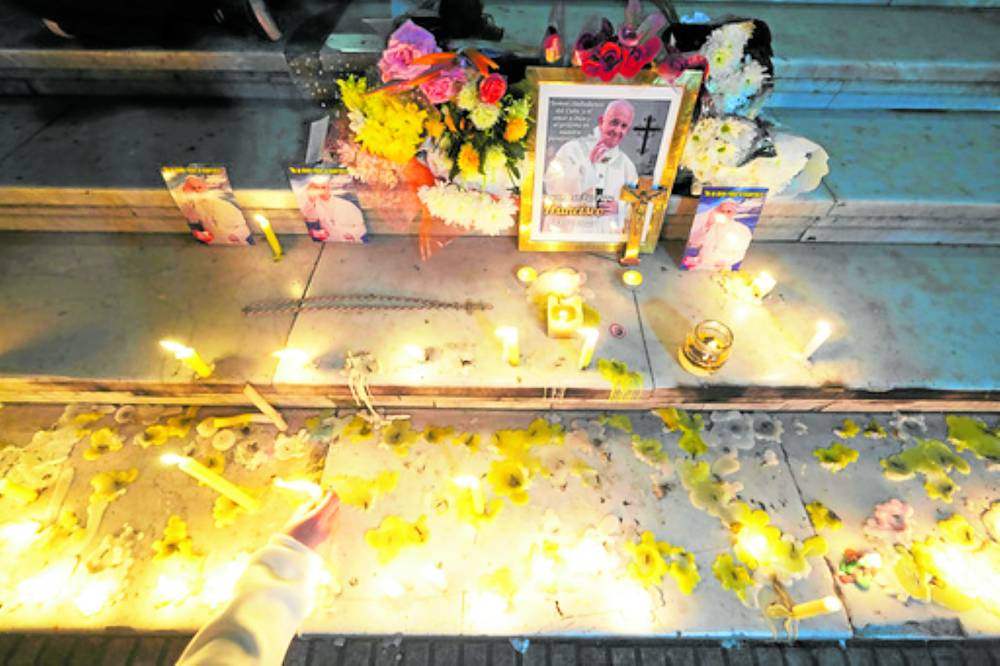
Vatican observers have long described Francis’ decision never to visit his homeland after becoming pontiff as an aversion to his country’s polarizing politics.
Tensions reached a head under current libertarian President Milei, who insulted Francis as a “filthy leftist” and “the representative of the evil one on earth” before he took office in December 2023.
They appeared to reconcile during a meeting in Rome last year. But when Argentine police lashed out at retirees protesting for better pensions in Buenos Aires, Francis broke his customary silence to chide Milei on the impact of his government’s austerity program: “Instead of paying for social justice, they paid for pepper spray,” he said.
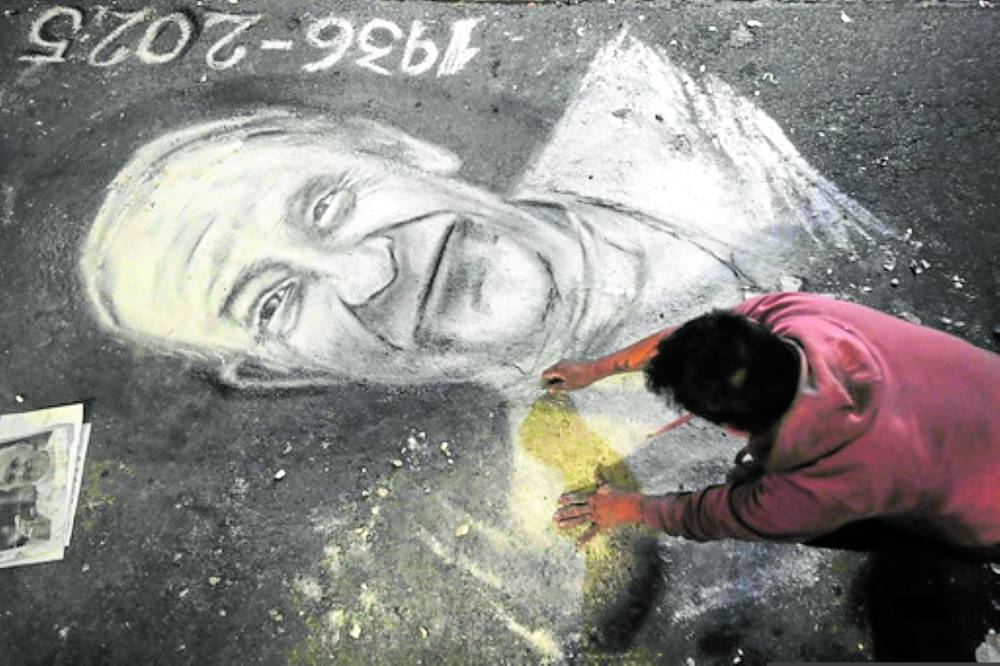
Political tensions
Milei couched his condolences with a nod to those tensions.
“Despite differences that seem minor today, having been able to know him in his kindness and wisdom was a true honor for me,” he wrote on social media.
But in a sign of increasing political tensions, a large open-air Mass spilling outside Francis’ childhood church turned volatile late Monday when Milei’s vice president, Victoria Villarruel, made her way through the crowd to her car.
The crowd, recognizing Villarruel—a conservative activist with links to Argentina’s notorious military dictatorship—stopped chanting hymns and started shouting insults. Some shoved and pushed Villarruel but she didn’t appear to be hurt and left in her car.
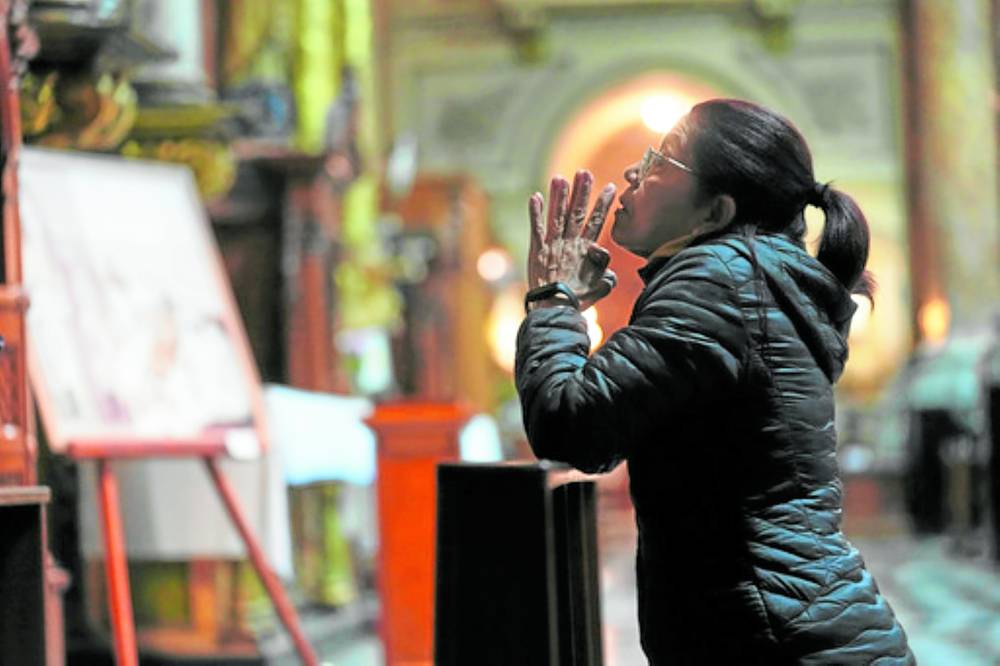
“Get her away from here,” the crowd shouted. “We’ll hunt you down!”
Francis traveled the world—and even to neighboring Bolivia, Chile and Paraguay—but never set foot in his homeland after his election in March 2013, much to the chagrin of his compatriots.
“That’s a political decision, there’s no doubt,” Alejandra Renaldo, 64, said from Francis’ first church in the scruffy, middle-class neighborhood of Flores, less than half a mile from his first home.
Not a foot back home
“Can you believe he never went to his own land? I much prefer John Paul II, he went to Poland, his country, right after becoming pope. He didn’t have any political ideas.”
At the cathedral where Francis, then Jorge Mario Bergoglio, became archbishop in 1998, worshippers bowed their heads in silent prayer. Some wept, ashen. They left flowers and handwritten notes on the steps and affixed stickers for Francis’ favorite local soccer team, San Lorenzo, on the stone columns.
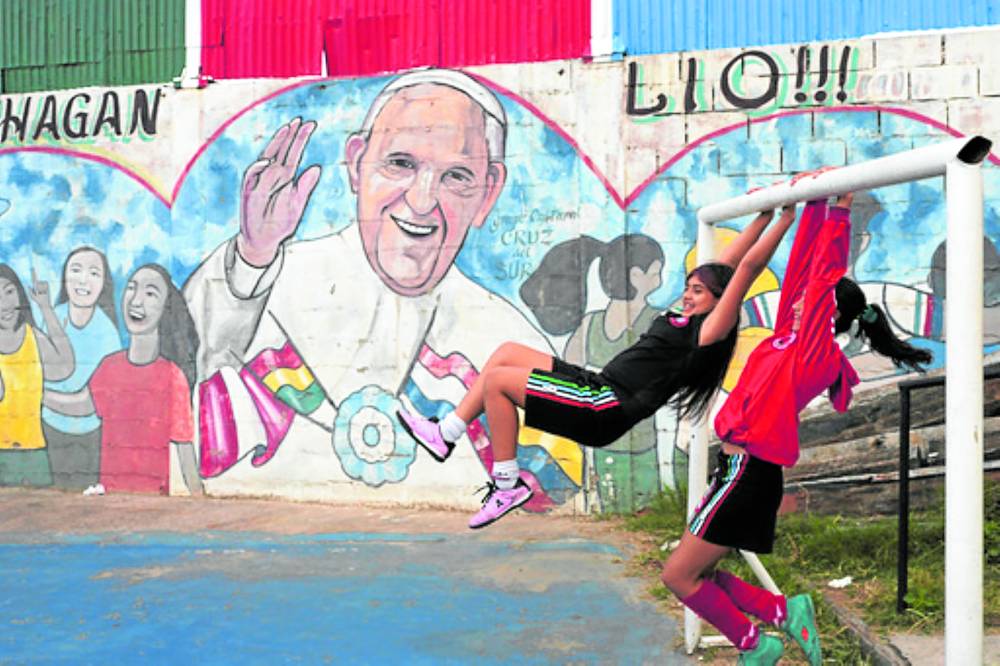
In Flores, where Bergoglio was born to an Italian immigrant father and a mother of Italian descent, Argentines stopped to gather around the confessional in the church where, at 16, Bergoglio had said he first heard the call to the priesthood.
“He was a father to us in Flores,” said Gabriela Lucero, 66, as she rose for morning Mass in the Basilica of San Jose de Flores.
“His primary philosophy was that those church doors remain open to everyone, immigrants, the poor, the struggling, everyone.”














